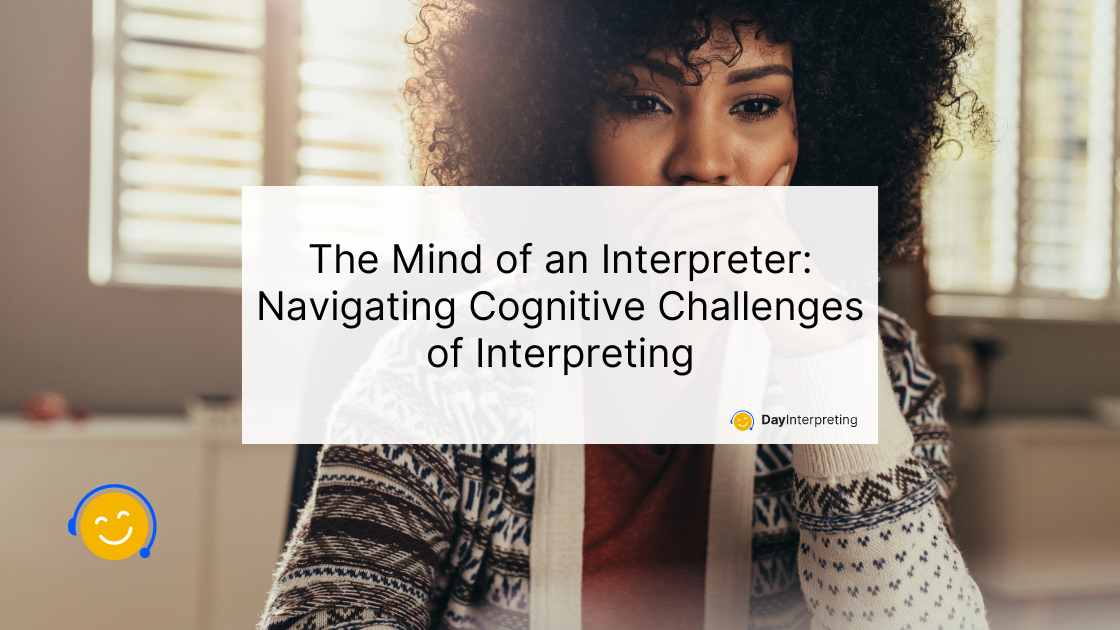Unlocking the mysterious world of interpreters reveals a fascinating journey through the intricate workings of the human mind. These language wizards play a crucial role in breaking down communication barriers, but what goes on inside their minds as they effortlessly switch between languages? This comprehensive exploration delves into the cognitive challenges of interpreting, unveiling the intricate processes that make their minds a powerhouse of linguistic mastery.
The Language Juggler
Interpreters, often likened to language jugglers, can easily switch between two or more languages seamlessly. This skill demands a high level of cognitive flexibility, allowing interpreters to adapt to various linguistic nuances, tones, and cultural contexts. Imagine juggling multiple balls in the air – each representing a different language – without dropping a single one. That’s the mental prowess of an interpreter in action.
Split-Second Decision Making
Split-second decisions mark the life of an interpreter. They must quickly analyze the spoken words, interpret their meanings, and deliver a coherent, real–time translation. This demands acute concentration and rapid cognitive processing. The interpreter’s brain becomes a high-speed engine, racing to decode and encode information at lightning speed.
Memory Mastery
Memory plays a pivotal role in the interpreter’s arsenal. Not only do they need to recall extensive vocabulary in multiple languages, but they must also remember the context, nuances, and cultural sensitivities associated with each word. An interpreter’s working memory resembles a vast library, meticulously organized to retrieve information at a moment’s notice.
Cognitive Load and Stress Management
Handling the cognitive load is a constant challenge for interpreters. As they navigate intricate linguistic landscapes, the mental strain can become overwhelming. Effective stress management becomes essential to maintain accuracy and coherence. The ability to compartmentalize, focus, and remain calm under pressure distinguishes a skilled interpreter from the rest.
Multitasking Maestros
Interpreters are the epitome of multitasking maestros. They listen attentively, process information, and speak fluently – all simultaneously. This demands a unique cognitive skill set as the brain toggles effortlessly between listening, translating, and speaking. The interpreter’s mind resembles a well-orchestrated symphony, harmonizing various cognitive functions seamlessly.
Emotional Intelligence in Interpretation
Beyond linguistic proficiency, interpreters must navigate the emotional nuances embedded in communication. They need to grasp not only the words but also the emotions behind them. Interpreters cultivate a heightened sense of emotional intelligence, enabling them to accurately convey the message and underlying sentiments.
Wrapping Up on the Cognitive Challenges of Interpreting
Unraveling the complexities of the interpreter’s mind reveals a world where the cognitive challenges of interpreting are met with unparalleled skill and finesse. From linguistic acrobatics to split-second decision-making, the interpreter’s mental landscape is a testament to the incredible capacities of the human mind. As we appreciate their role in facilitating global communication, let us marvel at the intricate dance of cognition that occurs within the mind of an interpreter.





0 Comments